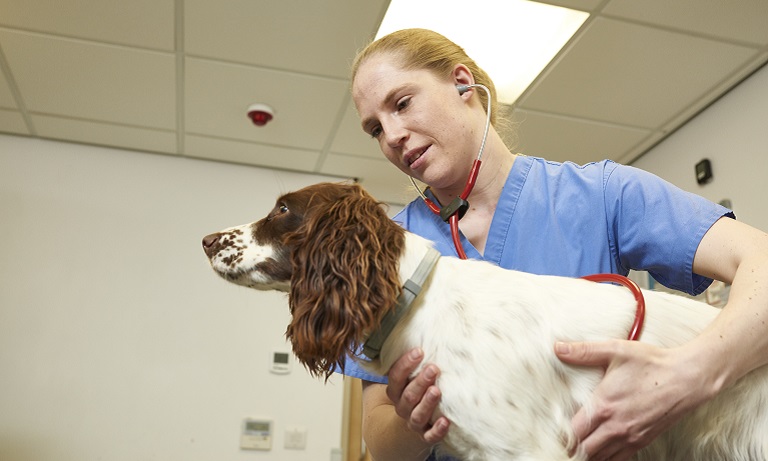Dog microchipping and microchip scanning
What's the issue?
Microchipping is a safe, effective, and permanent way to make sure that lost pets can be reunited with their owners. Since 2016, following our campaign with the Microchipping Alliance, it has been compulsory for all dogs in the UK to be microchipped and registered on an authorised database by the time they are 8 weeks old.
It's the owner's responsibility to make sure that their contact details are kept up to date.
There is a choice of 14 national databases on which to register pets. These databases don't share their data with one other and there's no central database or portal. This creates an administrative burden for vet practices to cross-check such a large number of databases.
Our 2017 Voice of the Veterinary Profession survey revealed that the most common reasons why stray dogs couldn't be reunited with their owners were:
- no identifying microchip or collar/tag (50%)
- the information held on the microchip database hadn't been kept up to date (44%)
What's our view?
Vets play a key role in helping to reunite lost or stolen animals with their owners. They should exercise their professional judgement, based on the information available, when choosing whether to scan for a microchip.
Vets must also operate within their powers. They cannot seize or hold a dog suspected as stolen, nor can they share confidential ownership information.
We refute the criticisms of the profession from campaigners calling for compulsory scanning of all dogs at every presentation. Unfortunately, such campaigns misunderstand the powers of vets and the potential welfare harms of compulsory scanning to both animals and humans.

We recommend that veterinary practices should scan for a microchip under the following circumstances:
- prior to microchip implantation – to make sure there's no other microchip present
- on presentation of a lost, stray, or apparently unowned animal – to help reunification when checked against the national databases, providing the owner has kept their details up to date
- on first presentation at the practice – to make sure the animal is correctly identified when checked against the national databases
- before travelling abroad – to make sure the microchip is still working and hasn't migrated significantly
- before rabies vaccination or official certification
- annually as routine (eg at the time of the annual check-up and/or booster vaccination) – to make sure the microchip is still working and has not migrated significantly
- on admission for treatment or hospitalisation, where appropriate – as part of good clinical practice to make sure the patient is matched to clinical records
- prior to euthanasia, if considered appropriate – as part of good clinical practice to make sure that the patient is matched to clinical records
Where there is an ownership dispute or an animal is suspected stolen, vets should follow the RCVS Client confidentiality and microchipped animals flowchart.
Read supplementary guidance to the RCVS Code of Conduct on scanning microchips in circumstances where a dog is presented for euthanasia and destruction of the dog is not necessary on animal health or welfare grounds.
Get involved
- Contact our policy team for more information.
Microchipping of cats
Find out more about our microchipping of cats policy position on our policy page.
